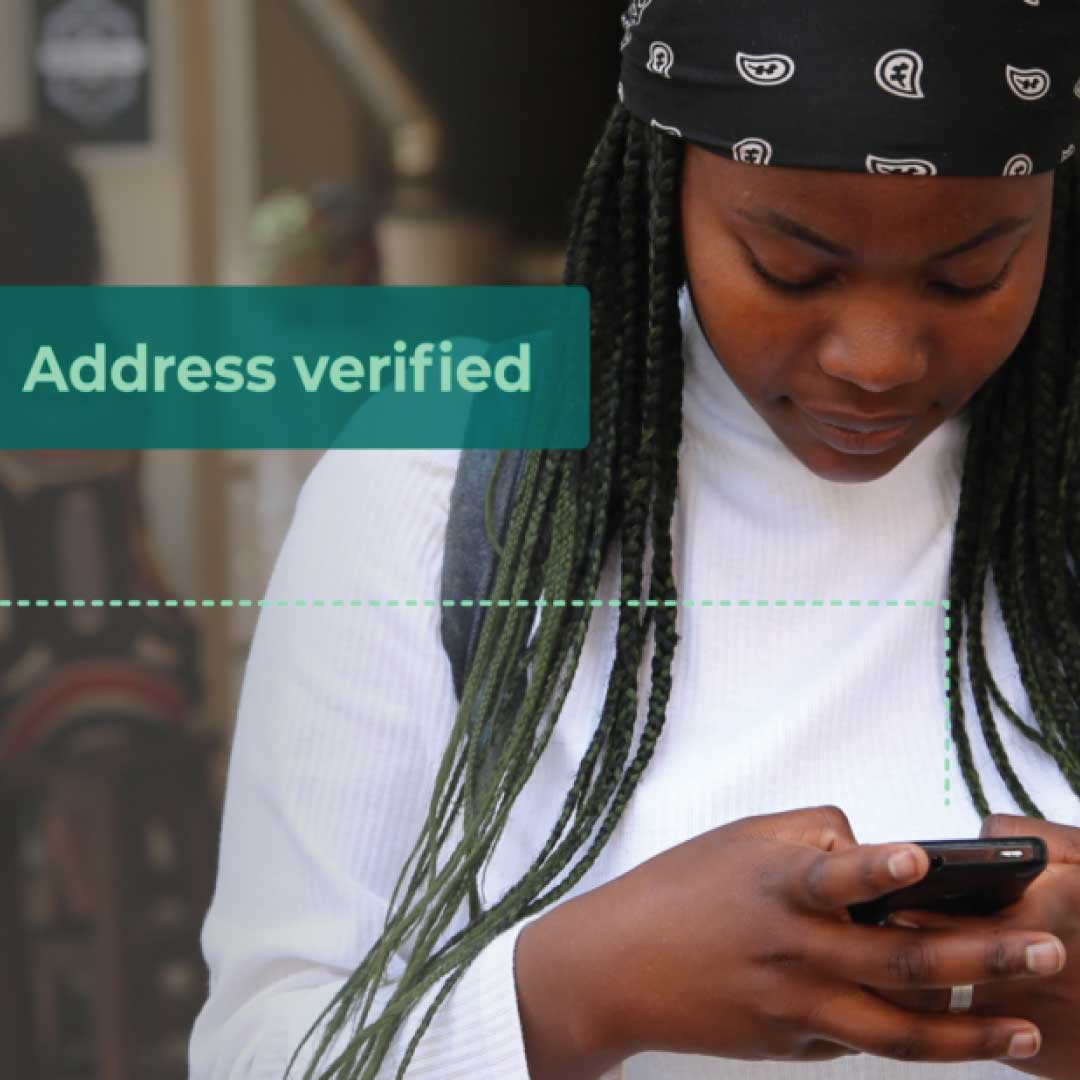in their effort to address the Africa Addressing system OkHi has announced a seed extension round of $1.5 million after a seed round of the same amount in 2020. Following the close of this seed round, the startup is set to focus on onboarding more institutions as it works towards having one million verified addresses in its database by 2022 towards addressing Africa addressing system.
This round had new and existing investors such as Founders Factory Africa, Betatron, Interswitch, Chapel Hill Denham, and Flutterwave executives; other investors include EXFI (a syndicate of ex-Google employees) and Flutterwave Founder, Olugbenga Agboola.
Africa Address System Problem
Since the 1960s, when much of Africa gained independence, the urbanization rate has grown rapidly. At the time of gaining independence, 80% of the population lived in rural areas. However, that figure currently stands at 50% and keeps growing annually.
This growth has been accompanied by the challenge of a proper addressing system for the continent. According to the United Nations, about 400 million of the 4 billion people who have no addresses live in Africa.
The lack of a proper addressing system presents governments, service providers, and residents with numerous problems. For example, how is an eCommerce business supposed to deliver an order to the correct location without a reliable method of verifying a customer’s address?
Read Also: FinTechNGR’s New Platform Aims to Boost Startup Growth
Unsurprisingly, this challenge results in businesses losing tons of money while lives are lost because essential services providers can’t reach their locations.
In Nigeria, anyone opening a bank account has to submit documentation for address verification. For most people, this is a utility bill. A human agent deployed by the bank then steps out to verify the address on the utility bill supplied by the prospective customer. Apparently, this method is inefficient and unreliable as some people may not have a valid utility bill and would have to use utility bills that do not belong to them.
While traveling across Africa in 2014, Timbo Drayson, an ex-Googler, discovered that Google Maps did not work perfectly in Africa. With this realization, he built OkHi in Kenya to provide address verification services for businesses, including eCommerce and ride-hailing startups.
While there have been solutions such as Google’s “Plus Codes,” OkHi’s solution is different because it focuses on addressing people and not locations.
Verifying one million addresses
In December 2020, the startup launched in Nigeria after reportedly verifying over 300,000 addresses in Kenya. This launch also saw it partner with fintech giant, Interswitch, which doubles as an investor. Drayson explained the reason for this move on a call with Techpoint Africa.
“We showed some amazing success in Kenya where we were focused on solving the addressing problem for delivery businesses, and we showed great traction. However, the goal and the vision of OkHi has always remained the same, which is to enable half the world who don’t have a physical address to be included.
Read Also : Galaxy Backbone Provides Technology Services for Nigeria’s Digital Infrastructure
“A great use case for that is address verification and being able to use your address to help onboard financial services. What we found when we tried to approach this in Kenya was that it wasn’t the best place to basically build and go to market with address verification.”
Unlike Nigeria, Kenya has a vast mobile money market dominated by Safaricom and M-Pesa. Consequently, fintech startups cannot generate as much traction as their Nigerian counterparts. A meeting with Interswitch was also a significant factor in the startup’s decision to move to Nigeria.
With broad coverage of the Nigerian market, Interswitch offers the startup the opportunity to tap into its vast network of financial institutions. In October 2021, OkHi announced a partnership with Quickteller that enables its customers to verify their addresses digitally.
